Self Awareness Teaching Resources
Help your students develop self awareness with activities, printables and more social and emotional teaching resources designed specifically for elementary and middle school students.
Created by teachers, for teachers, this collection is full of digital and printable activities designed to help students recognize their emotions and learn to identify their own strengths and weaknesses. Each teaching resource has undergone rigorous review by the Teach Starter team to ensure it's ready for the classroom ... and your students!
Curious about teaching self awareness and wondering how it applies to kids in your classroom? Read on for some tips from our expert teachers!
What Is Self Awareness? A Kid-Friendly Definition
Most students are not terribly self aware when they enter elementary school, and that's completely normal. After all, any adults aren't very adept at self awareness! That's why it's so important to include these lessons in your planning to help students flex those muscles and become more aware of who they are.
So how do you explain the meaning of self awareness to your class, and how do you teach it? Let's start with a kid-friendly definition.
Self awareness means understanding yourself, your feelings and how your actions affect other people.
You might tell your students that being self aware is a bit like having a mirror inside your mind that can help you see who you are and how you can make good choices.
Explain to students that when you're self-aware, you know what you're good at and what you might need to work on so you can become your own superhero.
Why Is Self Awareness Important?
Learning to be self aware is part of gaining control of one's own emotions, thoughts and actions, and the lessons we teach in the classroom contribute to our students' personal growth, social interactions and overall well-being in the immediate future and well into adulthood.
When kids (and adults!) lack self awareness, they tend to struggle with poor decision making, and they may have trouble understanding how their behavior affects others. This can lead to misunderstandings and conflicts with peers and others around them or even unintentional harm to relationships, as they may struggle to empathize or consider the perspectives of others.
Self Awareness Examples for Kids
Explaining self awareness by providing a definition is one thing, but surely you want to dig a little deeper.
Here are some examples from our teacher team that you can use to illustrate what it means to be self aware — and why it's so important!
- Identifying Emotions — Being able to label our emotions with names like happiness, sadness, anger or excitement is a great example of being self aware. For example, your students might learn to say, "I feel happy when I play with my friends at recess."
- Understanding Your Talents — Another example of self awareness that kids can easily relate to is the concept of identifying one's strengths or talents. It can be helpful to consider things we can do well and things we want to work on to get better at. For example, a student might say "I am very good at singing, but I would like to practice my spelling to improve."
- Seeing Strengths in Our Peers — Acknowledging our own strengths is only part of being self aware. It's also good for students to be able to identify (and celebrate) the strengths of others. This will help them build better relationships in the long run.
- Plus Plan
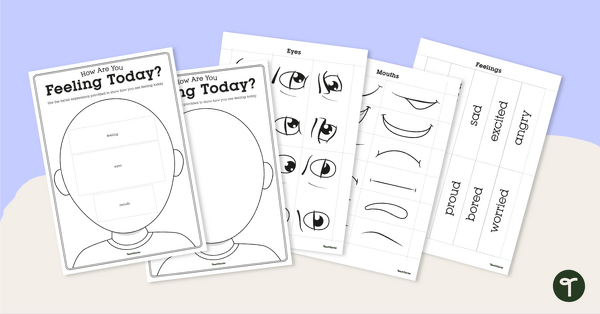
Emotional Awareness Face Template
Teach your students emotional awareness with this customizable face template perfect for lessons focused on social-emotional learning.
- Plus Plan
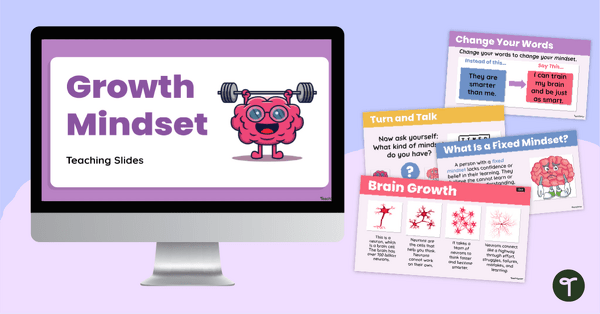
Growth Mindset Teaching Presentation
Help your students develop a growth mindset with a Growth Mindset Teaching Slide Presentation.
- Plus Plan
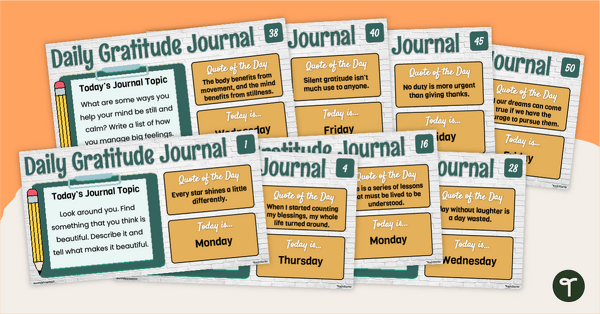
50 Gratitude Journal Prompts for Kids - Slide Deck
Project and inspire reflective writing with 50 gratitude journal writing prompts in one handy slide deck.
- Plus Plan
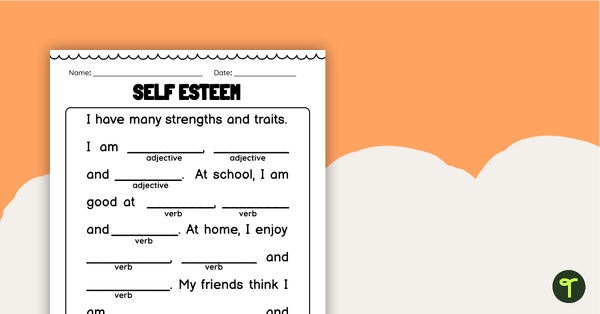
Building Self-Esteem Worksheet
Explore everything there is to know about self-esteem with your students using this cloze activity.
- Plus Plan
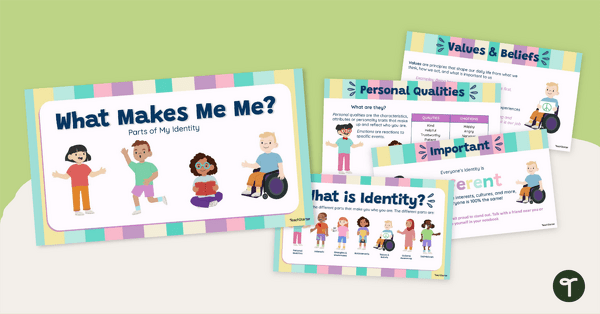
3rd Grade Personal Identity Slide Deck (What Makes Me Me?)
Explore what makes each student an individual and help them explore their own identity with this set of teaching slides.
- Plus Plan
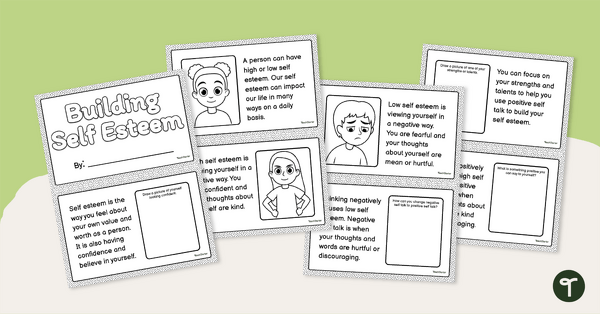
Self-Esteem Activity Mini-Book
Build up your student's self-esteem with this activity mini book template.
- Plus Plan
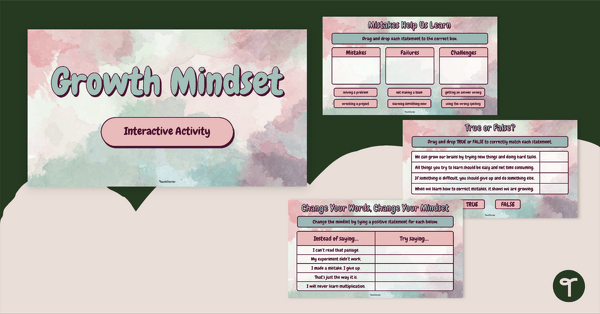
Growth Mindset Interactive Activity
Engage students in spending time looking at how to grow their growth mindset with this interactive activity.
- Plus Plan
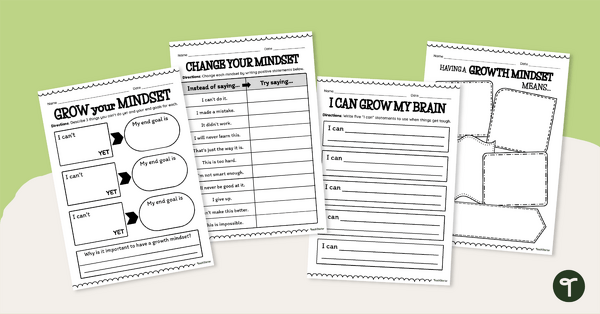
Growth Mindset Worksheet Pack
Help students change their mindset to a growth mindset with this set of worksheets.
- Plus Plan
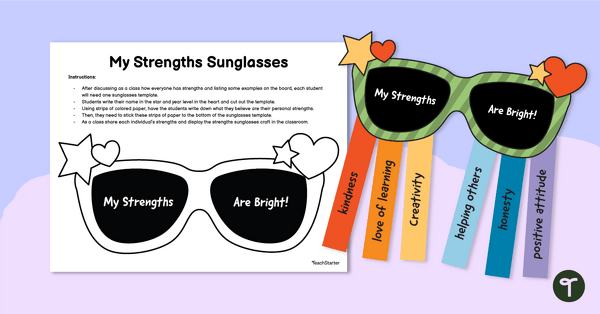
My Strengths Sunglasses Template
Teach your students how to identify their strengths with this fun craft activity.
- Plus Plan
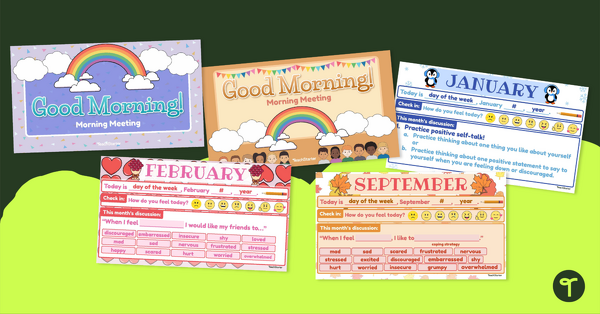
Digital Daily Discussions - Morning Meeting Questions and Activities
Use these slides to begin a routine of classroom morning meetings.
- Plus Plan
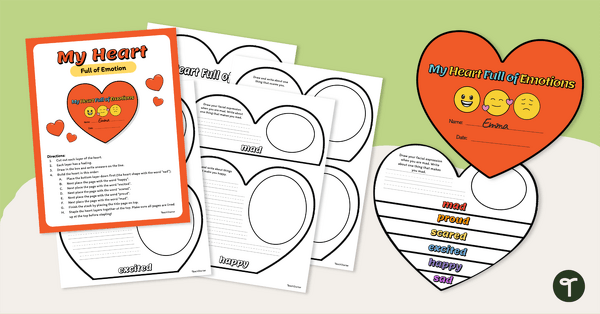
About My Emotional Heart Craft- Printable SEL Activities
Teach feelings and big emotions to your young learners with a heart-shaped printable feelings book.
- Plus Plan
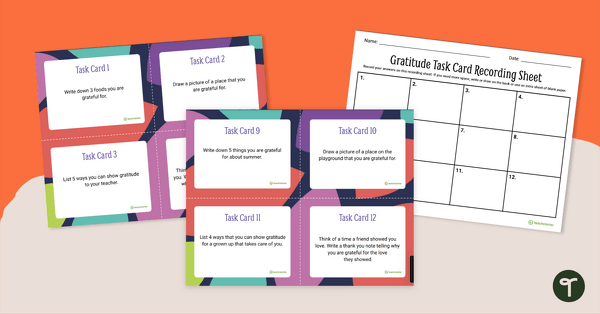
Gratitude Task Cards
Invite students to practice gratitude with this set of 12 task cards that get students to brainstorm what they are thankful for.
- Plus Plan
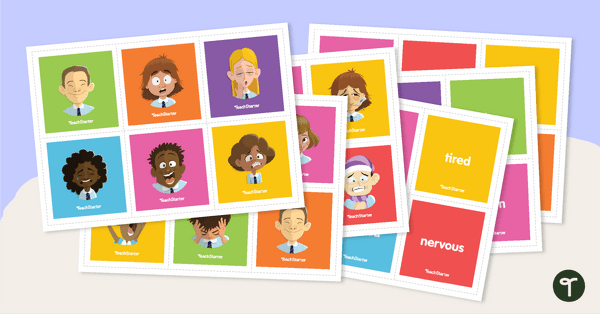
Feelings and Emotions Match-Up Activity
Help students to recognize and identify their feelings and emotions with this interactive match-up activity.
- Plus Plan
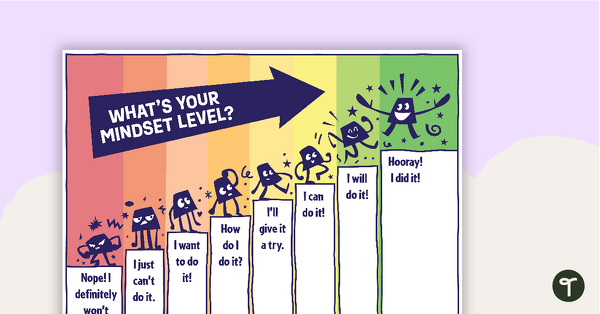
What's Your Mindset Level? - Poster
Encourage your students to adopt a growth mindset with this engaging classroom poster.
- Plus Plan
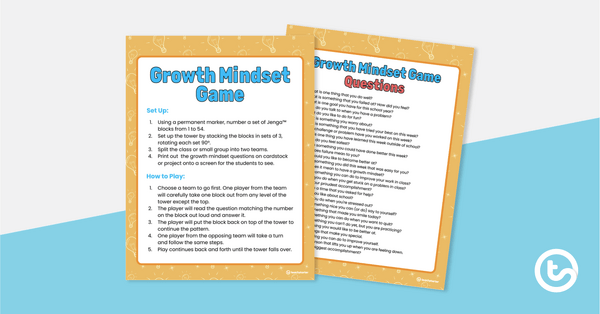
Growth Mindset Game
Practice self-reflection through a series of questions that allow students to actively participate in developing a growth mindset.
- Plus Plan
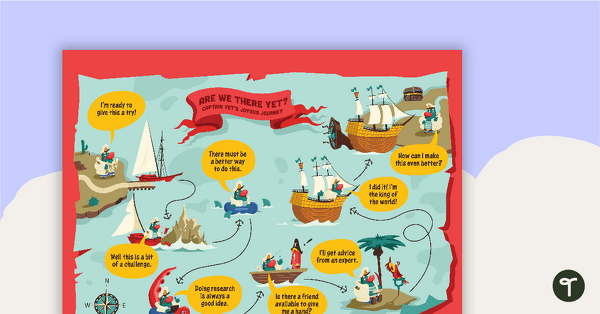
Are We There Yet? Captain Yet's Joyous Journey – Poster
A Captain Yet poster to help students learn more resourcefully and independently in the classroom.
- Free Plan
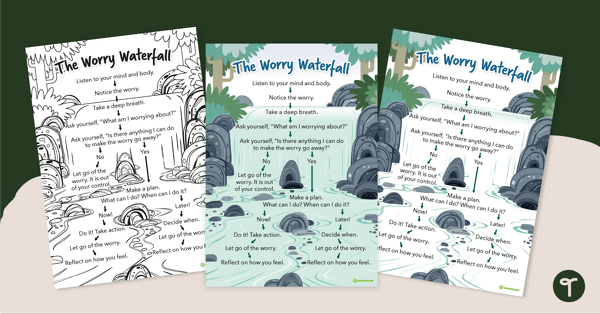
The Worry Waterfall – Anxiety Management Poster
Teach your students how to deal effectively with worrying thoughts with this classroom poster.
- Plus Plan
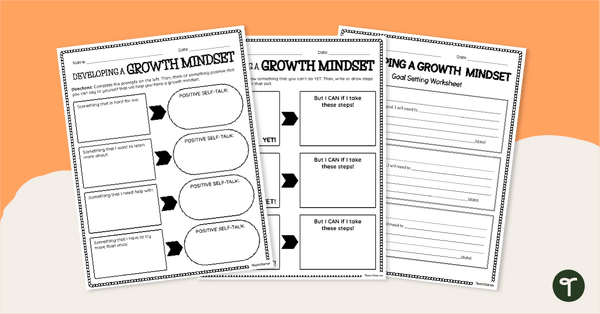
Developing a Growth Mindset Worksheets
Help your students develop a growth mindset and set achievable goals with a printable pack of growth mindset worksheets.
- Plus Plan
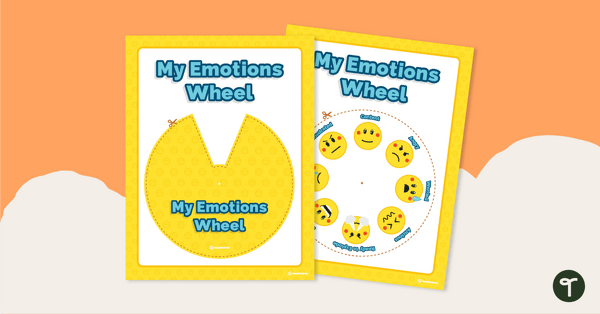
My Emotions Wheel
Help students communicate how they are feeling with this emotions wheel template.
- Plus Plan
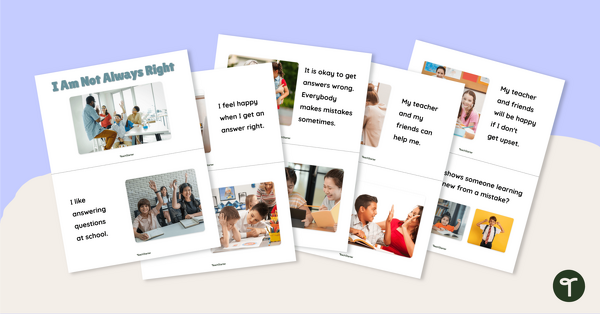
I Am Not Always Right Mini-Book
Help your students learn how to cope when they make a mistake with this social story mini-book.
- Plus Plan
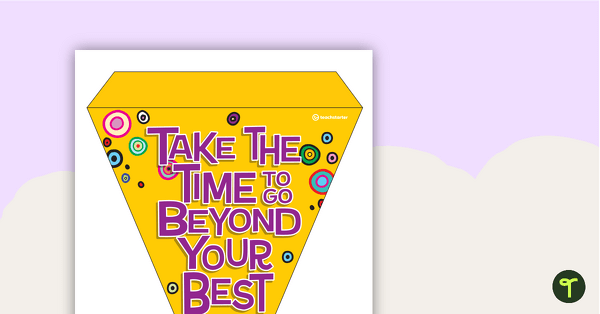
Grit Pennant Banner for the Classroom
Nine pennant banners to encourage grit, resilience, and a positive growth mindset in your students.
- Plus Plan
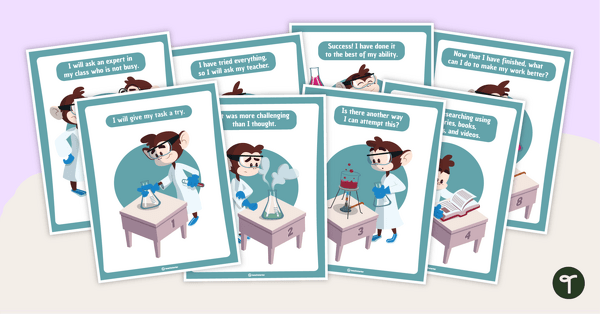
The Science of Independent Learning – Individual Posters
Help your students become independent learners with this set of 8 strategy posters.
- Plus Plan
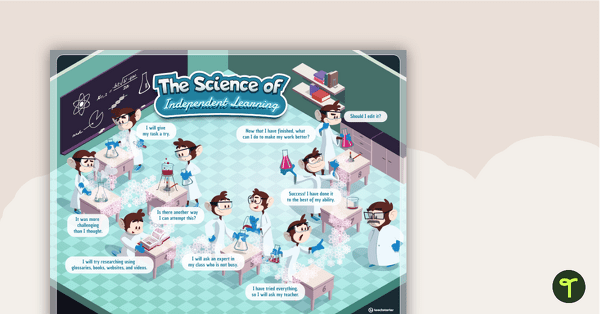
The Science of Independent Learning – Full Poster
A poster to help students learn independently in the classroom.
- Plus Plan
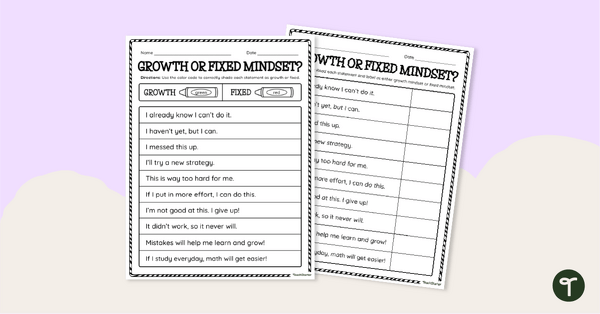
Growth vs. Fixed Mindset Statements - Worksheet
Assess student understanding about the different statements that one might say to distinguish between having a growth or fixed mindset.
- Plus Plan
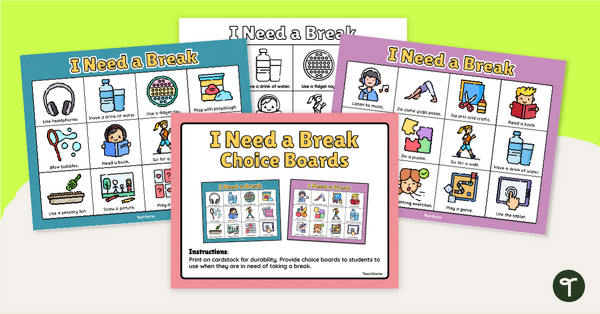
I Need a Break - Choice Boards
Help upset students regulate their emotions in the classroom with our printable ‘I Need a Break!’ choice boards.
- Plus Plan
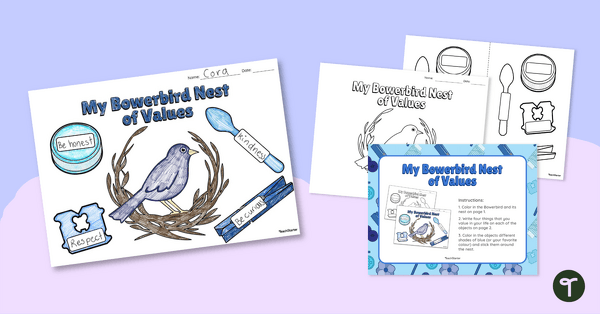
My Bowerbird Nest of Values Template
Help students understand what they value with this Bowerbird nest of values craft template.
- Plus Plan
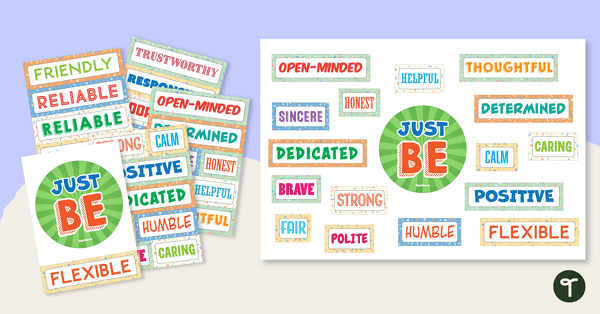
Just Be - Positive Character Traits Bulletin Board
Set an optimistic tone and promote positivity with a Just Be…One Word Back to School board.
- Plus Plan
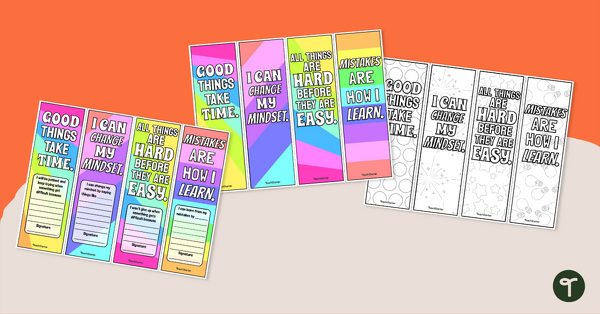
Growth Mindset Bookmarks
Encourage your students to think about their growth mindset with this set of printable bookmarks.
- Plus Plan
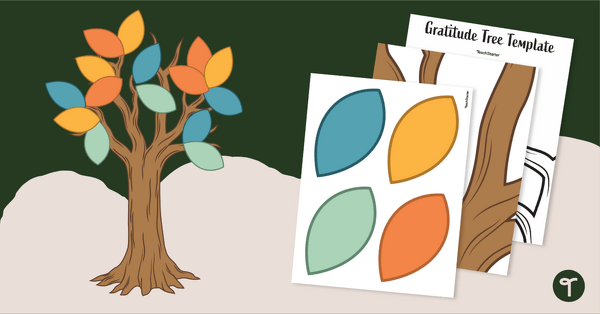
Gratitude Tree and Leaves Template
Create a "Gratitude Tree" display with a printable tree and individual leaf cutouts.
- Plus Plan
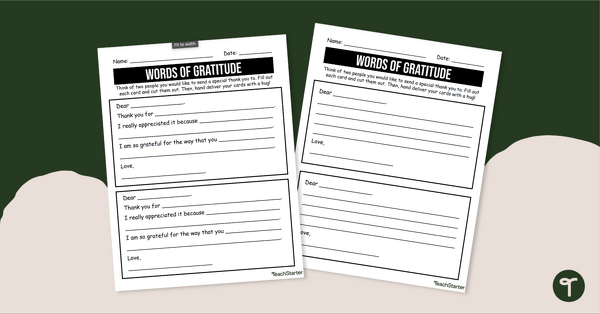
Words of Gratitude-Thanksgiving Message Cards
Help your students words of gratitude for teachers with set of printable thankful message cards.
- Plus Plan
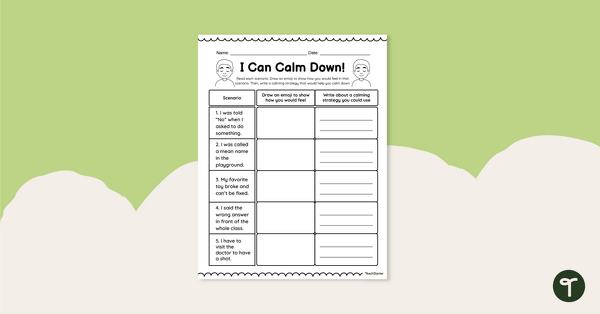
I Can Calm Down! Worksheet
Help students identify calming skills they can apply to real-world scenarios with this one-page worksheet.
- Plus Plan
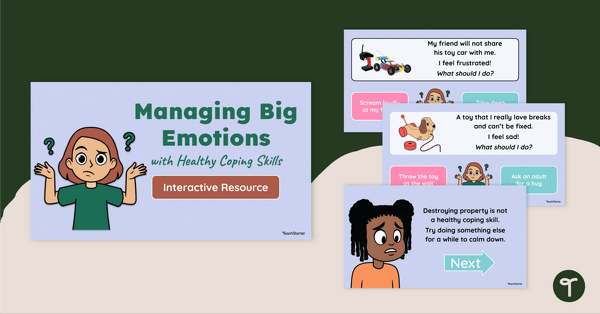
Managing Big Emotions – Interactive Activity
Teach students how to manage emotions using healthy coping skills with this interactive scenario game for the early years classroom.